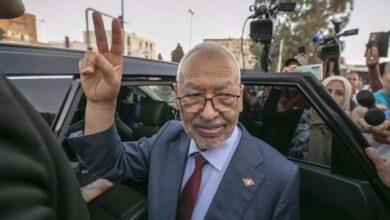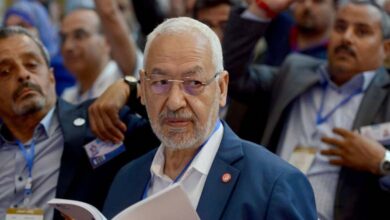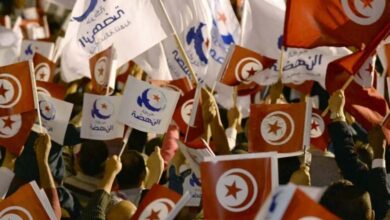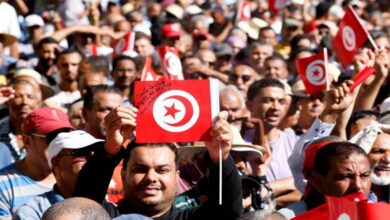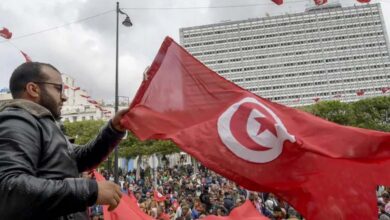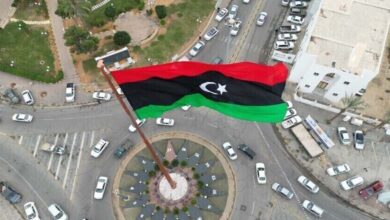Ongoing crises – The Libyan scene is heading towards further complexity between Dbeibeh and Bashagha
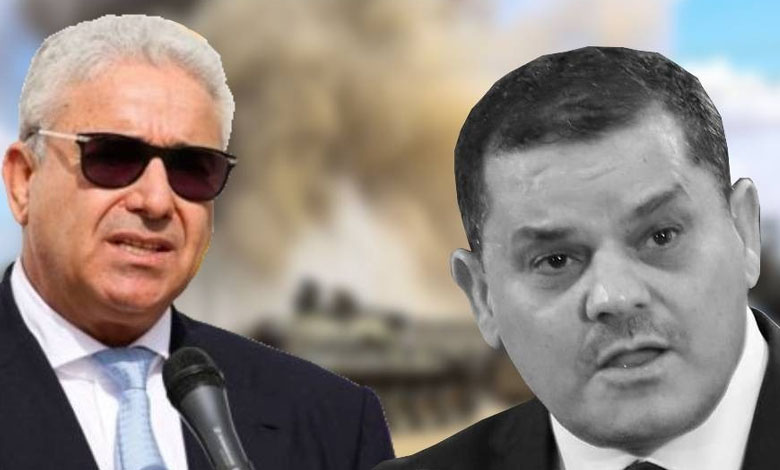
There are several intertwined issues that represent a major challenge, the most prominent of which is the constitutional rule, which is still the subject of major internal disagreement, given that there is an attempt to reach a constitutional base paving the way for elections, in addition to the challenges related to the current political division with the presence of two governments inside Libya, in addition to the issue of armed militias and mercenaries, which is considered the most complicated in the Libyan crisis.
Persistent disagreements
In light of the disagreements, the Foreign Ministry of the Libyan House of Representatives, headed by Fathi Bashagha, “refused to change some clauses in the Libyan-Italian Treaty of Friendship, Partnership and Cooperation”, which was ratified by the two countries since the era of the late President Muammar Gaddafi.
The Ministry of Foreign Affairs said that the Government of National Unity headed by Abdul Hamid Dbeibeh “is ready to ditch any national gains in order to create new political formulas that violate national and international conventions and norms.”
“We deeply regret this irresponsible political absurdity by this illegitimate government, which is not authorized to conclude or consider amending international treaties and agreements,” it added.
The statement continued: “This treaty is a document based on Italy’s recognition of the colonial era and its apology for it. After signing and ratifying it, the two countries’ legal bodies became a law binding on both parties, in the form that was signed without any change.”
The Foreign Ministry said in the government assigned by the House of Representatives that “the highway project (the Great Initiative) was carefully studied by specialized companies, and came in conformity with all international technical specifications and standards, and that its route from (Musaid to Ras Jedir) passing through the Libyan coastal cities was carefully planned, taking into consideration the lands owned by citizens, except in the case of extreme necessity.”
The Ministry added: “Therefore, we categorically reject attempts to change it in order to employ the project politically and incorporate it into the game of buying political allegiances and alignments,” affirming its rejection of “exploiting the status of the “illegitimate” government in Tripoli and its readiness to squander national gains in exchange for the creation of new formulas that differ from international conventions and conventions,” pointing out that the Italian government’s memorandum ended with “the good relationship between the two countries, and the rejection of the approach that exploits the position of the government in Tripoli.”
More complexity
According to Dr. Mohamed El Emami, a Libyan political analyst: All security and political indicators confirm that the Libyan scene is heading towards more complexity, especially after the two heads of the executive authority, the National Unity Government headed by Abdul Hamid Dbeibeh and the Libyan government led by Fathi Bashagha, clung to power.
The Libyan political analyst added, “It is an irresponsible political absurdity for this illegitimate government, which is not authorized to conclude or consider amending international treaties and agreements. The last days in Libya have witnessed accelerated developments that have exacerbated the size of the political and security crisis. The current situation in Libya amidst the repercussions of the recent crisis indicates the continuation of the state of political and security polarization, especially in the capital.


